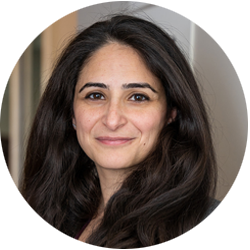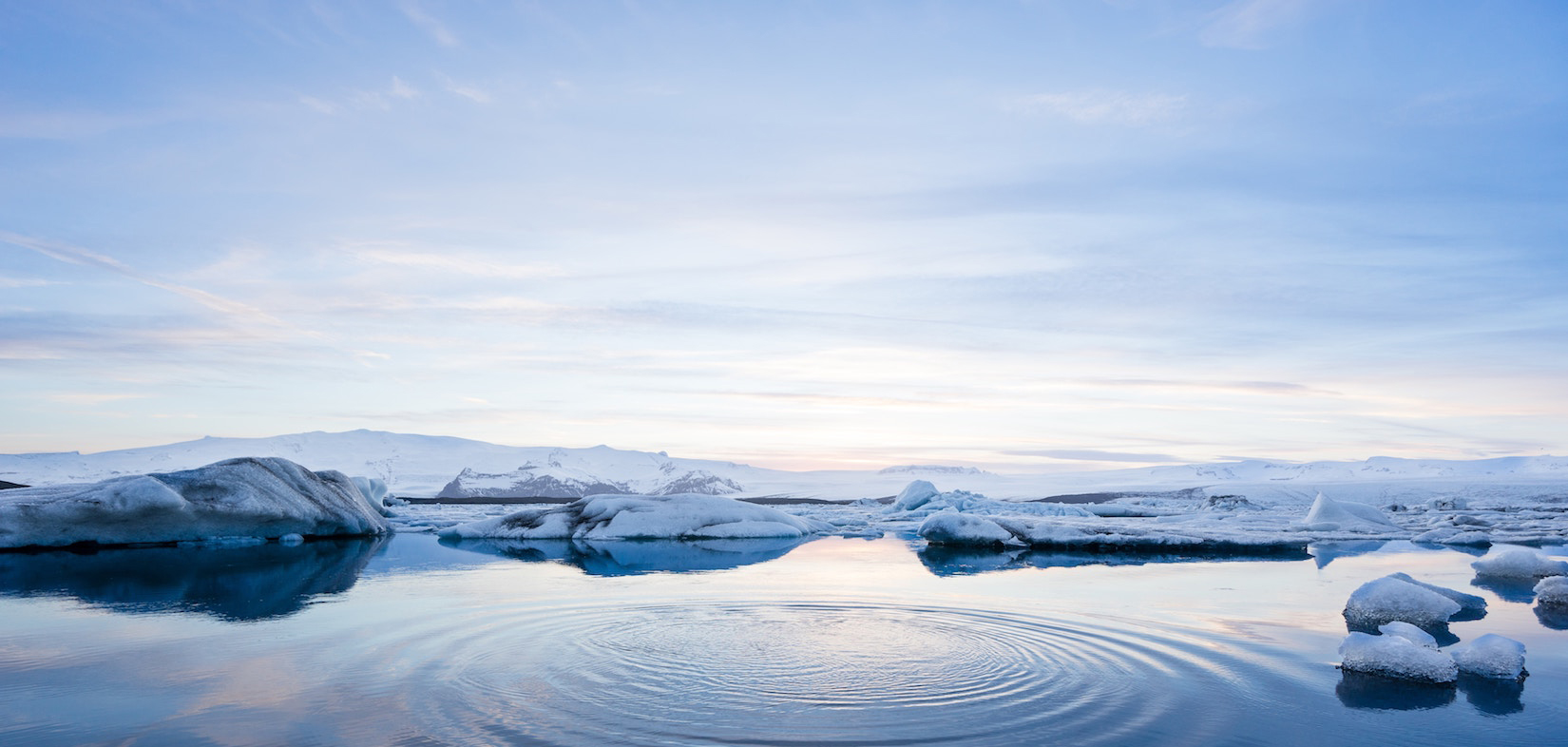Together, Inuit and Scientists tackle ‘forever pollutants’
Published on 13 Apr 2022
Results obtained through a research partnership between the Inuit of Nunavik and scientists at Université Laval are proving to be key for Canada’s proposal to the Stockholm Convention to regulate per- and polyfluoroalkyl substances (PFAS), also known as ‘forever pollutants’.
|
For more information, you are welcome to attend the conference « Inuit and Scientists tackle forever pollutants » on Thursday, May 19th at 16:00. |
PFAS are highly resistant synthetic compounds and environmental contaminants used by industry for their water and stain repellent properties. They can be transported northward by ocean and air currents, and because of the unique geoclimatic conditions of the Arctic, they then accumulate in marine and terrestrial species that are central to the diet, lifestyle and culture of Inuit.
A research project led by Amira Aker, an environmental epidemiologist and Sentinel North postdoctoral fellow, has shown that the PFAS exposure concentrations in the Inuit population of Nunavik is four to seven times higher than that of the general Canadian population. A host of health effects have been associated with elevated PFAS exposure in other populations, including suppression of the immune system, changes in cholesterol levels, thyroid hormone disruption, cardiometabolic diseases and respiratory diseases, and the health effects of PFAS are now being explored in Nunavik. Using data collected from the Qanuilirpitaa? 2017 health survey, the partnership between Inuit and scientists generated the knowledge needed for Canada to make its case for PFAS. A subset of these pollutants are now part of the substances that will be evaluated by the member countries of the Stockholm Convention for a ban on their use.
It was fascinating to observe the scientific discussions and debate taking place at an international level, and witness how politics and scientific interpretation could be used to sway a decision one way or another. -Amira Aker
Since its adoption in 2001, the Stockholm Convention has been instrumental in the reduction of key harmful pollutants. For instance, significant declines in PCBs and several organochlorine pesticides, which were among the first substances slated for elimination under the Convention, have been recorded in air, freshwater fish, soils and Arctic biota.
Training the next generation of scientists

As a Sentinel North postdoctoral fellow, Amira is part of a new generation of scientists trained to integrate knowledge, methods and expertise across disciplines to catalyze scientific discovery and innovation in support of sustainable health and development in the North.
I don't think you could effectively apply science without interdisciplinary collaboration, especially in the context of the environment and human health. -Amira Aker
Since its inception, the Sentinel North program has welcomed more than 400 graduate students and postdoctoral fellows and awarded over 100 Excellence Scholarships. The program’s innovative training environment provides participants with opportunities to develop their collaboration skills, expand their networks and recognize the value in different ways of knowing.
By bringing their knowledge together, Amira and her Inuit colleagues have demonstrated that far-reaching results can emerge through inclusive and effective collaboration.
Learn more about Sentinel North's achievements in interdisciplinarity
Partners
Nunavik Regional Board of Health and Social Services
Institut national de santé publique du Québec
Kativik Regional Government
Makivik Corporation
Kativik Ilisarniliriniq
Ministère de la santé et des services sociaux du Québec
ArcticNet
Amundsen Science Ship Fund
Northern Contaminants Program (NCP) of the Crown-Indigenous Relations and Northern Affairs Canada (CIRNAC)
Fonds de recherche du Québec – Santé (FRQS)
Quebec Océan
Chaire Littoral
We are also grateful to all Nunavimmiut who participated to the 2017 Qanuilirpitaa? Nunavik Health Survey, and to all of those who planned and carried out this survey.


